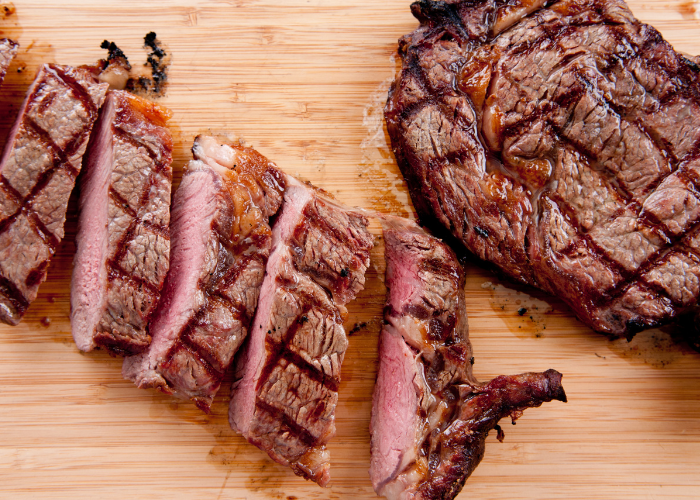France follows Italy: no more “meat sounding” for veg productsL'IDEA BY ANTONIO PICASSO
- 4 June 2024
- Posted by: Competere
- Category: Senza categoria

We are facing a revolution in consumption and nutrition. The market demands innovation to enable more sustainability, preferably while reducing environmental impact.
Ceci n’est pas une saucisse. We can’t help but recall Magritte upon hearing the news of the French law on meat sounding that passed last Friday, banning the use of terms like steak or sausage for products not derived from animals. In reality, the measure, issued in February, received a contrary opinion from the Council of State in Paris in April, perceiving strong doubts about its legality. The decision was based on the ruling of the European Court of Justice in July 2023, denying the possibility for a member state to adopt national measures to regulate this type of designation. Nevertheless, the Attal government decided to proceed. Thus, France, following Italy, becomes embroiled in the animal vs. vegetable protein conflict.
MEAT vs. VEGGY: NOT JUST A MATTER OF NAMES
However, we would be mistaken if we only considered it a lexical issue. When one thinks of those who oppose an innocent veggie burger, the image of the rough farmer immediately comes to mind, who vehemently opposes anyone preventing him from selling his delicious sausages. On the other hand, the anger of livestock breeders is equal and opposite to the insistence on labeling a food that has no trace of meat as “meat”. In fact, its composition of legumes and vegetables meets the demand of those who don’t even want to smell meat. This desire to validate veggy identity, even when associated with a non-veggy product, prevents supporters of planted-food from realizing that, by doing so, they not only mislead omnivorous consumers but also vegetarian ones. Why should a soy hot dog, which is not meat in fact, claim to be so in name?
THE ECONOMIC PROTEIN DUEL
But the comparison between animal and vegetable proteins is also economic. The global demographic curve (8 billion people today, nearly 10 billion by 2050) goes hand in hand with the increase in energy demand. By 2050, a 21% growth in global demand for animal proteins is expected. European animal husbandry, with its €200 billion in turnover, over 3 million businesses, and 26 million employees, is well-positioned to play a leading role in providing high-quality and environmentally sustainable animal products to meet this expanding demand.
On the other hand, the market for vegetable meatballs, burgers, and sausages is also thriving. It represents 34% of the European market and 10% of the total Italian protein market. With these numbers, it can erode the animal products sector. It can do so with legitimate competition tools, as well as by taking advantage of name confusion.
THE FOOD REVOLUTION: INNOVATION AND REGULATION
The fact is that we are facing a revolution in consumption, nutrition, and food culture. The market demands product and technological innovations to support an ever-increasing demand for food. Better if they also reduce environmental impact and contribute to spreading well-being.
However, these efforts must be accompanied by norms and regulations to ensure consumer and productive force protection. The measures enacted by France and Italy have only generated controversies. Therefore, the French Council of State is right: Europe should handle this. Once the electoral frenzy is over, it will be the right time to fill a regulatory void that leaves consumers, breeders, and planted-food businesses in limbo.
.
Article published in Italian on Il Riformista>>>
